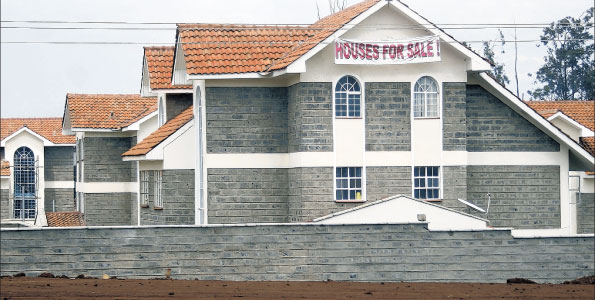Also, very optimistic buyers are willing to acquire overvalued properties hoping that prices will keep going higher.
Well, that could happen, but it is better to buy cheap and sell expensive than buy expensive and try to sell for more. A good deal is not the one that is sold for good money, but one that was purchased for the best (lowest) possible price and then sold for the best (highest) possible price. Making a good initial purchase will minimise your risk and maximise your expected returns.
5. Lacking experience and knowledge
It is human to believe that we know everything, but you would not think you are qualified to perform an open-heart surgery without years of education and training.
Still, many real estate investors do not think twice about taking their financial lives in their hands without even cracking a book. Educate yourself before you put your family’s financial security on the line.
Read articles, check out books from the library and do as much research as possible. Attend seminars and stay up to date.
If you do not have time or you are not interested in learning, then either pay a professional real estate consultant or avoid investing in real estate altogether because it takes a lot more than just money to make a profitable investment.
6 Skipping due diligence:
Investors often have to move very quickly on their deals. That, though, does not mean they should sign a contract and write a cheque without plenty of research.
Some investors, however, do not do their due diligence about the deals they are getting into, the costs, or the market conditions, and they wind up draining their personal savings because the property needs extensive repairs or they cannot sell it.
Sometimes new investors buy property based on nothing more than the idea that the property is going to appreciate, although usually they do not have any information to substantiate that. Some buyers confuse due diligence with the legal research of the deal.
7. Misjudging cash flow
If your strategy is to buy, hold and rent out properties, you need sufficient cash flow to cover maintenance and other expenses.
Some investors think they can get a property manager, or a company, to take care of their property.
In most of the cases, though, they have never interviewed a property manager or sought information from a property management company, and so have little idea about how they work and how much they will charge in order to estimate the monthly costs and the net returns from their investment.
Equally important is the fact that it is not uncommon for a property to sit on the market for quite a while before it is leased.
Meanwhile, the owner has to pay the mortgage, the taxes, the insurance, the cost of advertising, the management company and all other relevant expenses. If the owner has not budgeted for that, an asset can quickly become a liability, creating losses instead of profits.
8. Staying too much in the market
Any market that looks solid and secure has the same chances of fluctuating as any other. Timing is one of the most important parameters when it comes to investment decisions, and you must be ready to get in as well as to get out of the market before it is too late.
Usually, when property prices rise because people have gorged themselves on debt, the ensuing recession tends to be particularly deep and long.
Over-leveraged households cut their consumption drastically. Output and employment collapse, and that could lead to an economic collapse, a severe version of an economic depression where an economy is in complete distress for months, years or possibly even decades.

